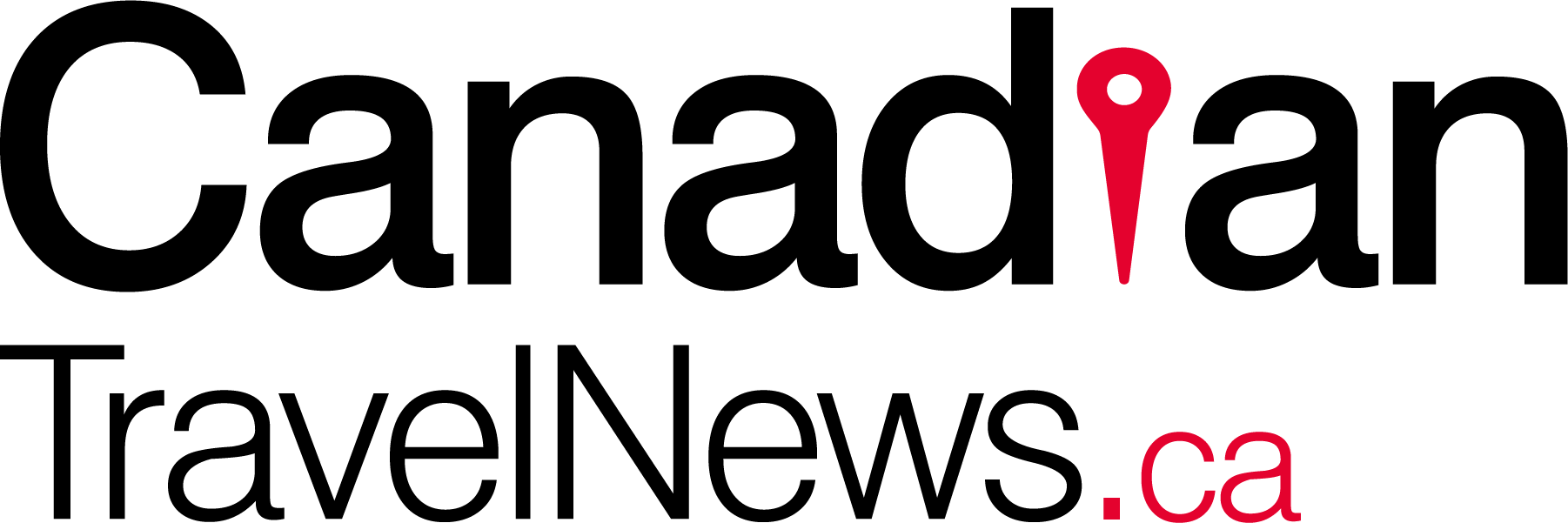
Canadian Quarantine Rules Need to Go: Tourism Industry Association of Canada
April 9, 2021 Jim Byers
Canada needs to rethink its quarantine plan and use rapid testing and other methods to handle COVID-19, the head of the Tourism Industry Association of Canada said today.
Speaking on a Zoom call with Destination Canada, TIAC president and CEO Beth Potter said there are better ways to control the virus than Canada’s current plan, which requires a 14-day quarantine for those coming into the country and an expensive, three-day hotel booking for those arriving by air.
“Countries around the world have amended their approach to quarantine using evidence-based data that supports reduced quarantine and an increased testing regime as a more effective way to protect populations. We believe Canada needs to rethink quarantine rules and invest in rapid testing and contact tracing, “ Potter said.
The Public Health Agency of Canada told Canadian Travel News today that the issue of quarantines is under continual review.
She also said tourism businesses need the Justin Trudeau government to provide a tentative date for the U.S. border to re-open.
“Tourism stakeholders have a shared commitment on keeping Canadians safe. We are asking the federal government for a plan or conditions for reopening interprovincial and international borders. It is important for our members to have time to plan, to prepare for reopening, to ramp up operations, to hire back staff, and to communicate with their clients.
“Uncertainty is not a plan that ensure a successful recovery.”

Potter said TIAC wants to see several other changes, including:
- A federal tax incentive to inspire Canadians to travel within Canada this year and next;
- An extension of existing federal assistance rent and wage subsidy plans to help the hardest-hit sectors’
- A “united travel approach” for the entire country, “as opposed to 13 individual policies.”
Potter also said Canada needs to finally unveil sector-specific support for the country’s aviation industry. Talks are taking place, but she said Canadian airlines could lose their global competitiveness without help from Ottawa.
She also addressed the issue of proof of vaccination, or vaccination passports, saying it’s something her group wants Canada to adopt.
“It should become a common part of your travel documents moving forward,” she said. “And we are recommending that Canada adopt this.”
Destination Canada President and CEO Marsha Walden said Canada had been growing its tourism product for 35 years, but that those gains were all wiped out by the pandemic.
Walden said the tourism sector in Canada has an unemployment rate that’s double the national average. Many of those unemployed workers are women, youth, new Canadians and Indigenous Canadians, she noted.
The current modelling shows that Canada won’t get back to 2019 tourism levels until 2025, she said. But Canadians could speed that up significantly if they were to move two-thirds of their usual international spending budget and use it on trips within Canada.
“Leading indicators are cautiously encouraging,” Walden said. She noted that Canadians are searching for travel, that vaccines are rolling out and that travel sentiment in Canada is beginning to improve.

Walden said Destination Canada this year will make its largest investment ever in the promotion of domestic travel. They also will launch a new campaign using the theme, “Where will you go first.”
“Once restrictions are lifted, we’ll be able to convince Canadians to travel and look beyond their back yards and close to home communities,” she said.
“Uncertainty and fear have really postponed our dreams in a terrible way this past year,” Walden said. “So we can lift people up again by getting them dreaming and doing some detailed planning again, and we want to show Canadians that all their travel inspirations can and should be fulfilled right here in Canada.”
Part of that involves picking a tentative opening date, Potter said.

“We’re saying, “Listen, we’ve seen the vaccine rollouts are happening, they’re picking up steam. We’re seeing more jabs in arms. So let’s draw a line in the sand. Let’s pick a date. If all Canadians are going to have at least one vaccine by late June let’s pick a summer date. If all Canadians are going to have two vaccines by September, let’s pick a fall date. But let’s pick a date so businesses can plan to open.
“We’re not an industry that can turn on a dime. We have to ramp up. We have to re-hire a half a million people. We need to communicate with our clients and guests to say, ‘We’re open. Here’s what you can expect.”
“Let’s get a date, a line in the sand, and move towards that. And let’s communicate more positively with Canadians that it’s okay to travel.”
TIAC member John Dunn said the tourism industry needs to spread the word that it’s safe to travel.
“It’s never been so safe to be on a plane or in a hotel or restaurant. They’ve never been cleaner or safer. We’re so squeaky clean, so it’s time to go out.”
About the Author















